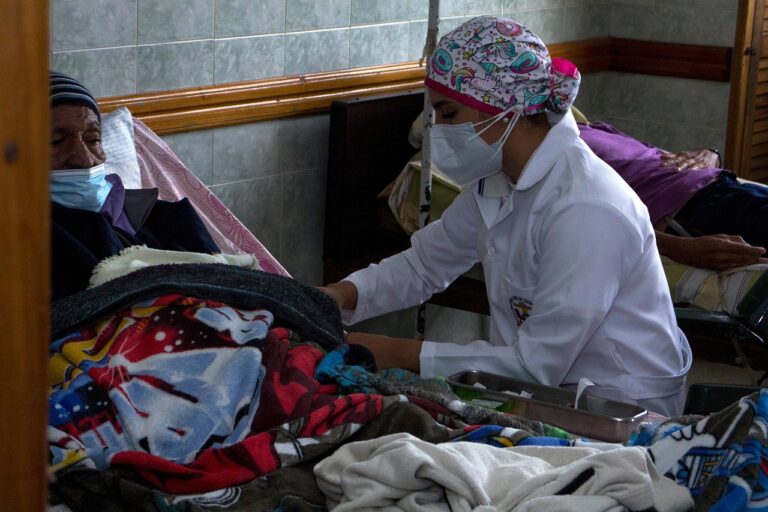Book Appointment Now

The Impact of Early Antibiotics Use on a Child’s Immune System
Antibiotic use in young children is a critical topic in pediatric nursing and neonatal care. While antibiotics are essential for treating bacterial infections, their early and frequent use can have long-term consequences on a child’s developing immune system. This article explores the impact of early antibiotics use on a child’s immune system and how healthcare professionals in midwifery, neonatal, and pediatric nursing can navigate the balance between treatment and long-term health.
Do you need nursing paper writing help on impact of early antibiotics use on a child’s immune system assignment? ![]()
Understanding the Role of Antibiotics in Childhood
Antibiotics are powerful drugs designed to kill bacteria or stop them from growing. In children, they are commonly prescribed for infections like ear infections, strep throat, or pneumonia. While antibiotics save lives, overuse or inappropriate use can have unintended effects on the immune system.
Antibiotic Overuse in Pediatrics
A major concern in pediatric nursing is the overuse of antibiotics. Studies show that children under two years old are frequently prescribed antibiotics, often for viral infections, which do not respond to these drugs. This misuse can lead to antibiotic resistance and other long-term health effects, including immune dysregulation.
- Viral vs. Bacterial Infections: Nurses and parents should understand that antibiotics are ineffective against viruses.
- Education for Parents: Pediatric nurses play a key role in educating parents about when antibiotics are appropriate and when they may not be needed.
Disruption of the Gut Microbiome
One of the most concerning effects of early antibiotic use is the disruption of the gut microbiome, which plays a vital role in a child’s immune development. Antibiotics can kill both harmful and beneficial bacteria in the gut, potentially leading to weakened immunity and an increased risk of allergies, asthma, and autoimmune diseases.
The Long-Term Effects of Early Antibiotics Use on the Immune System
While antibiotics are crucial in managing bacterial infections, early and excessive use can have lasting effects on a child’s immune system. Research indicates that frequent antibiotic use in the early years can lead to weakened immune responses and an increased risk of chronic health issues later in life.
Immune System Development in Infants
During infancy, the immune system is still developing, making it a sensitive period for external influences like medication. Neonatal nurses should be particularly mindful of prescribing patterns, ensuring that antibiotics are only given when absolutely necessary.
- Impact on Natural Immunity: Overuse of antibiotics can suppress the natural immune response, making children more susceptible to infections.
- Risk of Allergies and Asthma: Studies have linked early antibiotic use to an increased likelihood of developing conditions like eczema, food allergies, and asthma.
Antibiotic Resistance and Immune Health
Another consequence of early antibiotic exposure is the development of antibiotic-resistant bacteria. Over time, this can make it harder to treat infections, placing additional strain on a child’s immune system. Pediatric nurses need to stay updated on antibiotic resistance trends and advocate for judicious antibiotic use.
Prophylactic Measures and Nursing Interventions
Preventing unnecessary antibiotic use and protecting a child’s immune system involves a multi-faceted approach. Nurses in midwifery, neonatal, and pediatric care are uniquely positioned to educate parents and provide guidance on minimizing risks while ensuring appropriate treatment when needed.
Educating Parents on Alternatives
One of the primary roles of healthcare professionals is educating parents on alternatives to antibiotics for mild infections. Understanding when antibiotics are necessary versus when supportive care (e.g., hydration, rest, and symptom management) is more appropriate can help reduce misuse.
- Fever Management: Encourage parents to treat fevers without rushing to antibiotics unless bacterial infection is confirmed.
- Probiotics and Gut Health: Pediatric nurses can recommend probiotics to help restore the gut flora balance after antibiotic treatment.
Encouraging Proper Antibiotic Use
In situations where antibiotics are necessary, it’s important for nurses to educate parents on the importance of completing the full course of antibiotics to prevent resistance, even if the child seems to improve.
Role of Pediatric Nurses in Antibiotic Stewardship
Pediatric nurses have a critical role in antibiotic stewardship, ensuring that children receive the right treatment at the right time. This includes advocating for judicious use of antibiotics and providing ongoing education to both parents and healthcare providers on the potential long-term effects of early antibiotic use.
Monitoring and Follow-Up
Nurses should conduct regular follow-ups with children who have been prescribed antibiotics to monitor their health and ensure there are no adverse effects on their immune system. Routine check-ups provide an opportunity to assess gut health and overall immune function.
Promoting Best Practices in Neonatal and Pediatric Care
Staying up to date with the latest research on the impact of early antibiotics use on a child’s immune system allows nurses to apply evidence-based practices. Collaboration with doctors and pharmacists is also essential in ensuring antibiotics are used only when absolutely necessary.
Understanding the impact of early antibiotics use on a child’s immune system is essential for healthcare professionals working in midwife, neonatal, and pediatric nursing. While antibiotics are a powerful tool, their overuse can have significant long-term effects on immune health. Through education, judicious use, and alternative approaches, pediatric nurses can help protect and support children’s developing immune systems, promoting healthier outcomes for the future.







